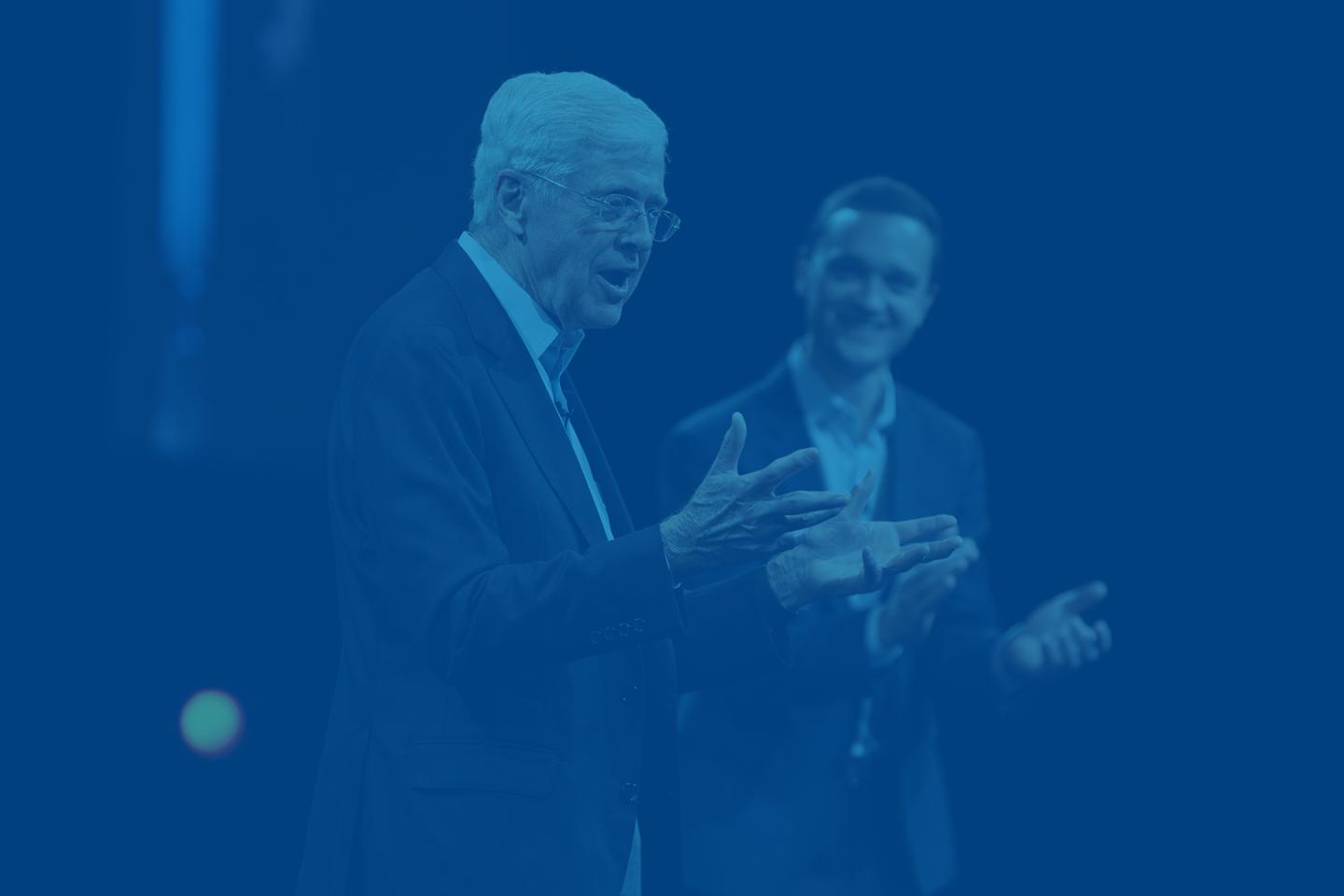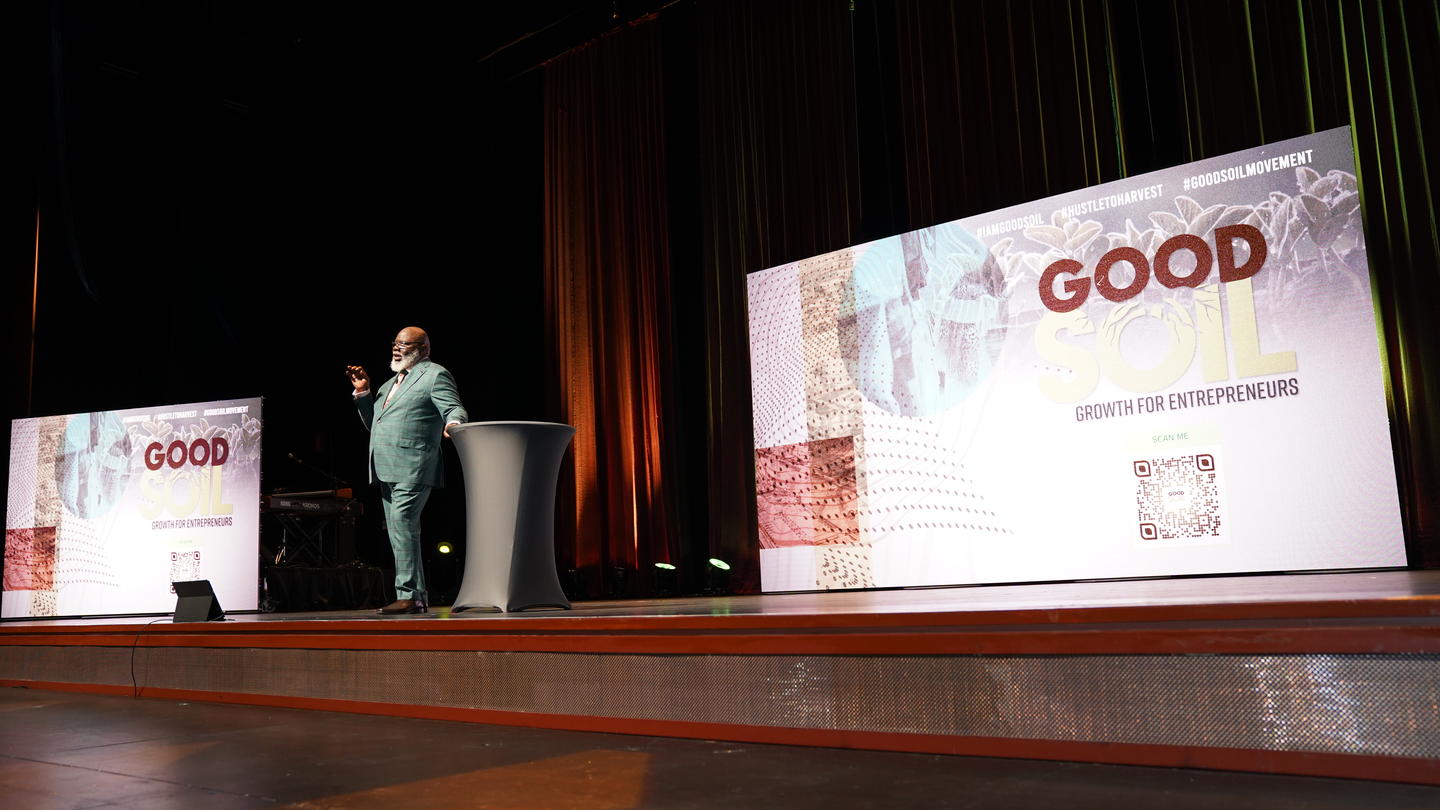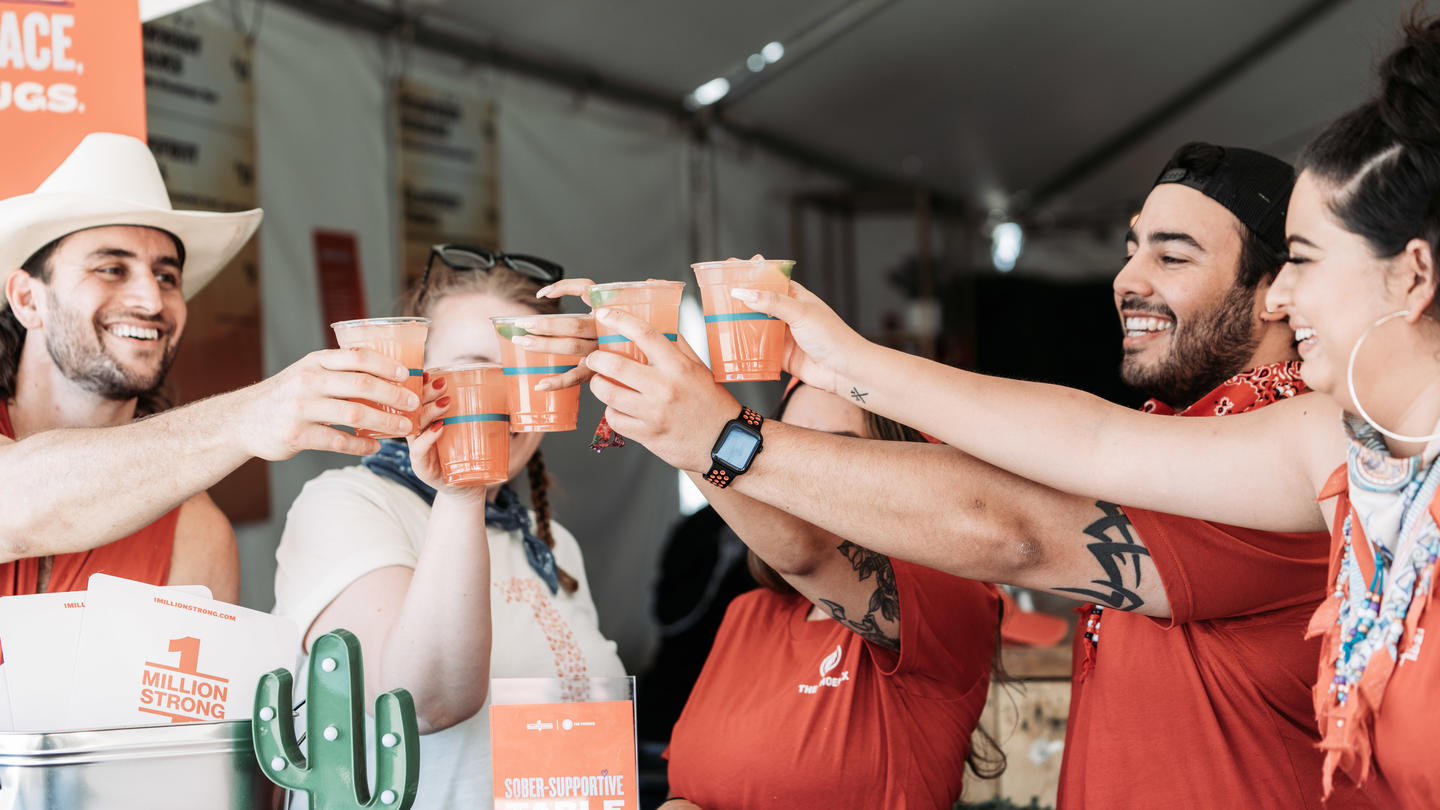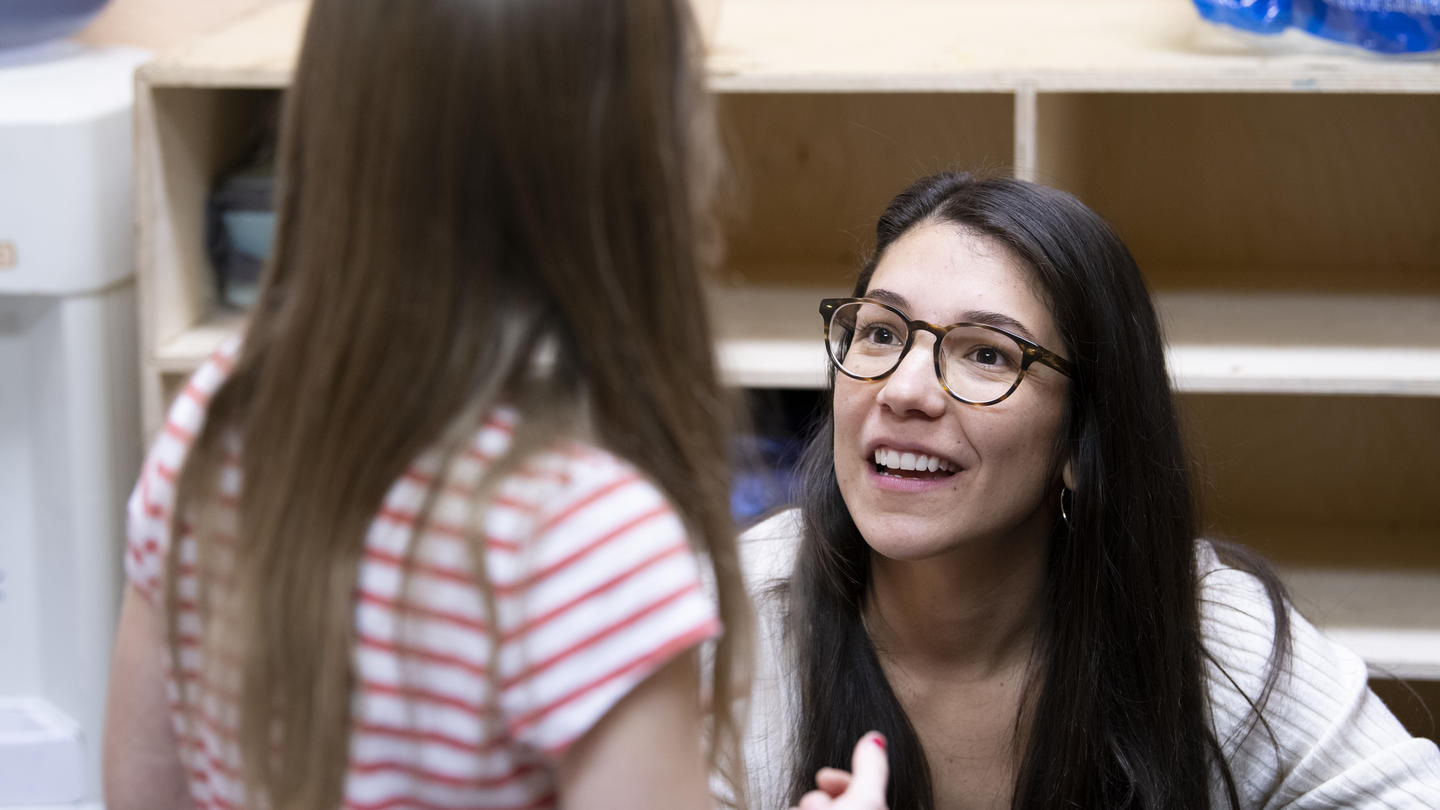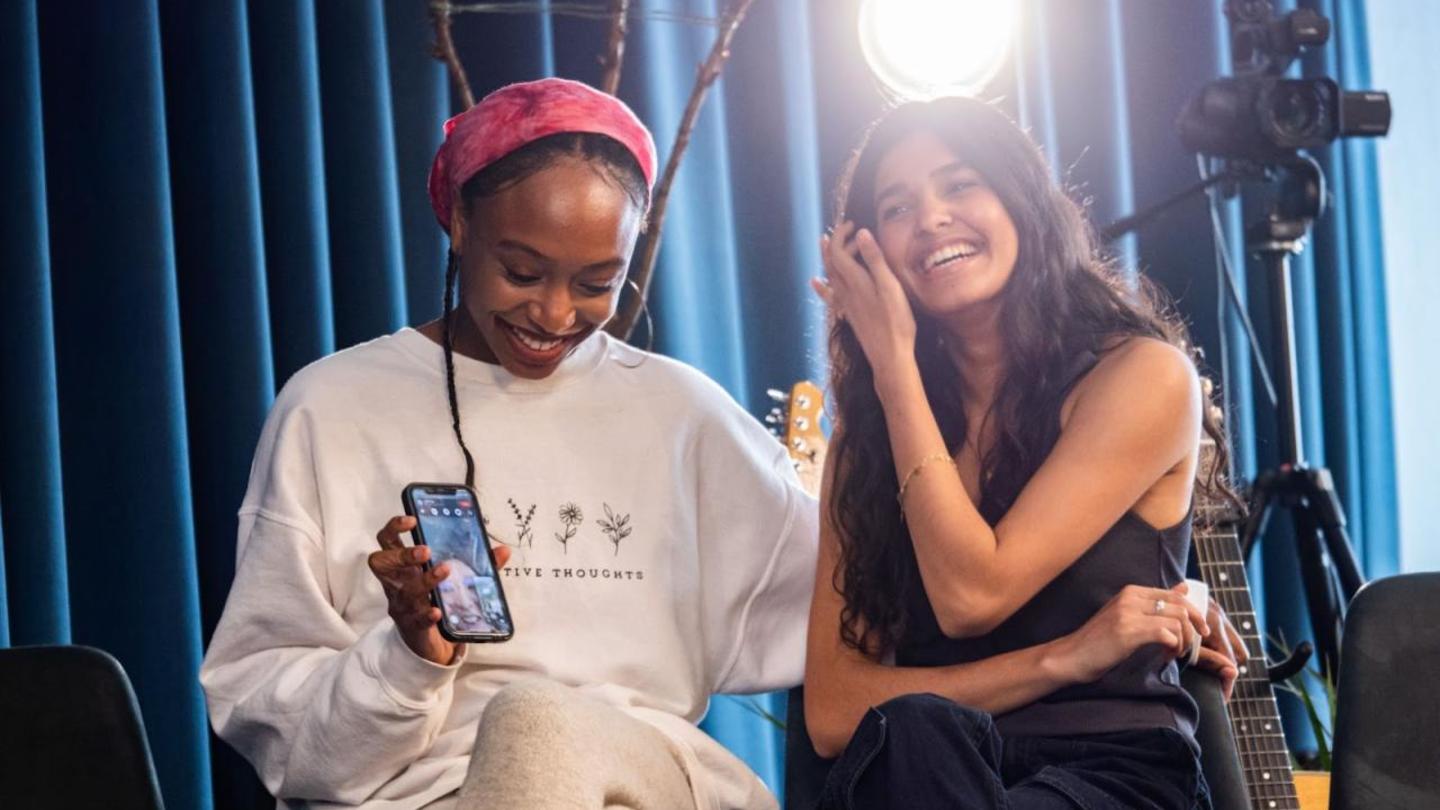Co-hosted by Arizona State University (ASU) and Global Silicon Valley (GSV), the annual ASU GSV Summit connects leaders in education and business with the common goal of ensuring that all people have equal access to the future. This year the summit, sponsored in part by the Charles Koch Foundation, explored themes of inclusivity and empowerment in the context of digital learning.
Like most events in 2020, this year's summit on September 30 kicked off virtually with more than 500 speakers and 150 sessions. At a Fireside Chat, Stand Together Founder Charles Koch and CEO Brian Hooks discussed the role of education in empowering people to give back. Moderated by Todd Rose, a co-founder and president of Populace, the conversation explored three-dimensional education, lifelong learning, and strategic philanthropy.
Drawing from five decades of involvement in education, Charles opened the session by discussing the importance of three-dimensional education, a model that equips students to identify innate abilities and harness them in ways that contribute to society. Using this approach, students engage in three phases of learning: what they're best at (discover), how to maximize these gifts (develop), and how to apply them (do) in effective ways. "This is all very personal to me. This process transformed my life," Charles said. "When I was little, I didn't believe I was good at anything." He went on to earn three engineering degrees before understanding how his skills and passions aligned — first in the business world and later, in philanthropy. "It took me 20 years to find my way."
To help others find their way sooner, Stand Together supports institutions that guide students along this discovery process. "We want to be the partner to people who share that vision for how to empower students to flourish by realizing their gifts through this 3-D approach," Brian said. One success story is Arizona State University, a long-time partner and summit co-host, which grew enrollment and access while simultaneously improving the quality of its instruction and curriculum.
The theme of access surfaced again later in the conversation. Referencing the summit's mission of ensuring all people have equal access to the future, Todd asked, "What does 'equal access to the future' look like in practice?" Brian pointed out that most students experience one-dimensional classroom schooling instead of three-dimensional education. But the coronavirus pandemic has ushered in an age of remote learning, leading to new opportunities for innovative teaching and equal access.
Learning pods, for example, offer individualized and education outside the classroom. To make this approach financially accessible, Stand Together has partnered with the Walton Family Foundation on the VELA Education Fund, which finances learning pods for families that can't afford to pay for education beyond their tax dollars.
Supporting educational entrepreneurs is also essential to expanding learning opportunities beyond the classroom. "The main purpose of formal education is to empower students to be lifelong learners," Charles said. Once students are empowered, educational entrepreneurs can serve the market with lifelong learning options, inviting people of all ages to explore their gifts and contribute in effective ways.
Todd ended the session with this question: "For people looking to do philanthropy more strategically, what's your advice?"
Brian suggested starting at the beginning: figure out what you're passionate about and where you have the abilities and aptitudes to do it well. Then, design an approach that empowers people. Rather than conflating communities with the hurdles they face, Brian pointed out that successful philanthropy is a partnership that invites people to be part of the solution. "When you take an approach that believes in people, you see better results," he said.
Charles added, "When people are empowered, they discover their gifts, they become contribution-motivated, they believe in themselves, and they tend to succeed by contributing to others." And that's the true goal of education.
